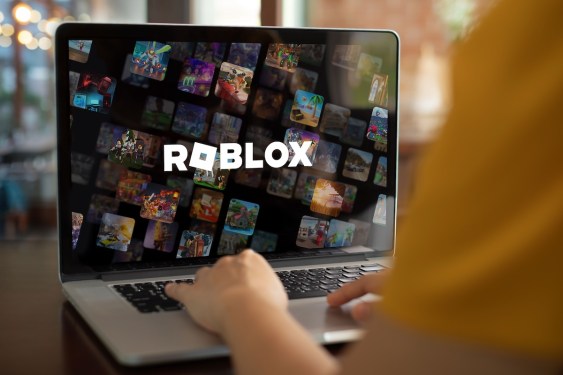Online gaming platform Roblox announced on Wednesday that it is expanding its age-estimation technology to all users. This move comes amid lawsuits that allege child safety concerns on the platform. The company is also partnering with the International Age Rating Coalition (IARC) to provide standardized age and content ratings for the games and apps within its ecosystem.
By the end of the year, the age-estimation system will be rolled out to all Roblox users who access the company’s communication tools, such as voice and text-based chat. The process involves scanning a user’s selfie and analyzing facial features to estimate their age. Roblox states this technology is combined with other systems, including ID verification and verified parental consent, to provide a more accurate measure of a user’s age than simply having them type in a birth year during account creation. The company also notes it is planning to launch additional systems to further limit communications between adults and minors.
Through its partnership with IARC, Roblox will replace its own content and maturity labels with those used by official rating agencies worldwide. This means users in the United States will see ratings from the ESRB, while players in other countries will see ratings from their local authorities. For example, players in the Republic of Korea will see ratings from GRAC, players in Germany from the USK, and players across Europe and the United Kingdom from PEGI. This system is intended to help parents better understand the nature of the games their children are playing based on content factors like violence, adult language, or gambling.
These updates follow safety features the company announced in July, which were designed to better protect younger users. Those earlier measures included an age-verification system that analyzes users’ ages through video selfies. This information is used to prevent users under 13 from accessing certain features, like unfiltered voice and text chat. Roblox also prevents users aged 13 to 17 from adding strangers to their “trusted connections” unless they know them in real life, a connection verified through contact imports or QR code scans.
This move also comes in response to a growing number of strict laws and regulations around the world that require social platforms to verify users’ ages. Examples include the U.K.’s Online Safety Act and Mississippi’s age-assurance law, which has already prompted the social network Bluesky to stop serving users in that state. Similar laws are in various stages of development in other states, including Arizona, Wyoming, South Dakota, and Virginia.
Roblox has invested in other safety features over the years. Among its tools is Roblox Sentinel, an open source AI system designed to detect early signals of child endangerment. The company also offers parental controls, communication restrictions, and technology that detects servers where a large number of users are breaking its rules so they can be taken down.
Despite the company’s efforts, child predators still manage to access the platform and target children, according to complaints filed by Louisiana Attorney General Liz Murrill and in other lawsuits across California, Texas, and Pennsylvania. A research study reported by The Guardian discovered that children on Roblox can still easily encounter inappropriate content and interact with bad actors.
More recently, a popular Roblox farming simulator game, Grow a Garden, made headlines because its players began buying and selling virtual items on online marketplaces for real money, which violates the platform’s rules. Parents and others raised concerns that the game was luring in children and then pushing them to spend cash to keep up with other players.
The changes to the ratings system may not put an end to all these negative experiences, but they could provide parents with more insight about the games their kids are playing. Roblox Chief Safety Officer Matt Kaufman said in a statement, “Roblox is committed to creating a safe platform for our users and empowering parents to make the best decision for their children. We’re excited to partner with IARC and hope it will provide parents globally with more clarity and confidence regarding age-appropriate content.”

